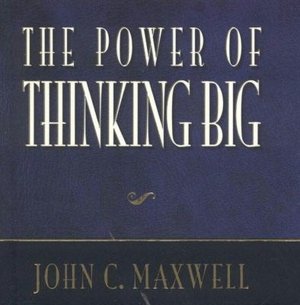
Over the past couple of days, we have seen the entrepreneurial spirit of Egyptians, be it selling oranges from a cart on the corner, hocking small packets of tissues everywhere, or swindling MBAs. We’ve also seen the truly mundane and hard work that people are capable of even while earning almost nothing. The main problem that we’ve come across is SCALE.
There are, of course, a few Egyptian entrepreneurs that have made it big: Orascom and Sekem (as two examples). But most Egyptian entrepreneurs think small. In several meetings we have asked why people don’t think to pool resources so that they can access different markets or why they don’t want to sell to more people than just their village. And we are answered with curious looks and shrugging.
Last night, I was pondering just this. I came from a developing country from a family of farmers. How did I get to think so BIG?
My father’s grandfather was a farm owner, growing mostly rice, yucca, bananas, and coconuts. But he told all of his grandchildren that he did not want them to be just farmers. He made every one of them (including my father, who was a petulant child and skipped school often) attend school. My great-grandfather’s vehement belief that there was something more out there for all of his grandchildren and progeny is how I got to think so big. My dad graduated from a great university; received degrees in law, business, and accountancy; moved to the United States; and forced me to read The Power of Thinking Big at the age of 10.
I think this same story is true for a lot of other people: on the Egypt team, in the BOTFL class, and people succeeding and “living the American Dream.” It takes only one person to start thinking big, shoving that in others’ faces, and start a domino effect of people that dream of something bigger than simply the small comfort that they currently have.
I really like the idea of one person being the impetus for cultural change. As Margaret Mead said, “Never doubt the power of…” In her case it was a few people who changed the world. I’m going to have to read this book. Is it worth synthesizing for the Egyptians?